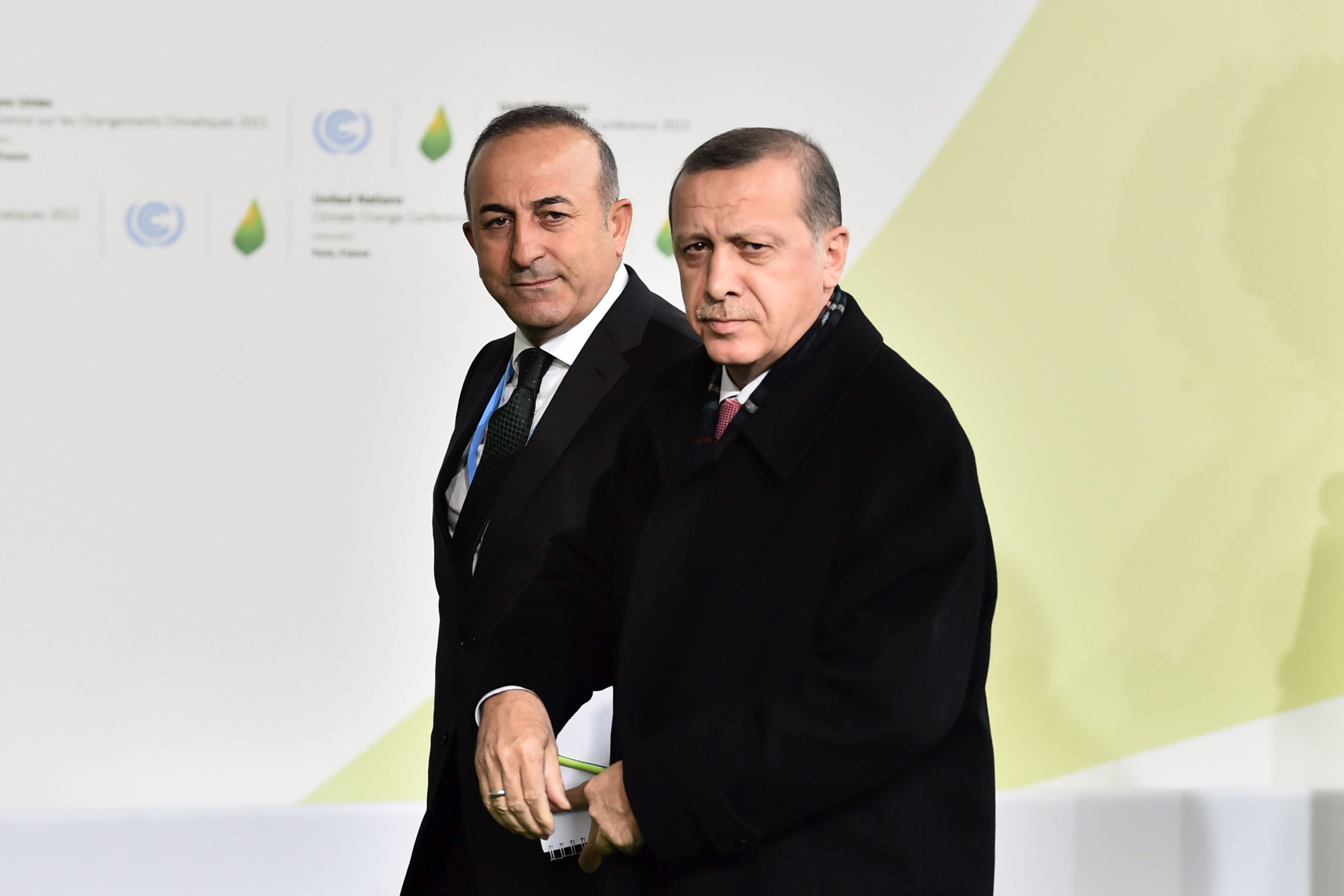Turkish foreign minister Mevlüt Çavuşoğlu has referred to Spain as a "true friend" because it is one of the few European countries that has not withdrawn its missile systems deployed at the border between Turkey and Syria.
In fact, the Spanish ministry of defence has decided to extend this deployment for at least six months longer despite the escalation of military tension in the region. The Spanish government has had its Patriot anti-ballistic missiles stationed at Adana, in southern Turkey, since the beginning of 2015.
According to the Turkish English-language newspaper Hürriyet Daily News, the Turkish minister made these statements during the awarding of a medal to the Spanish honorary consul for the city of Antalya, Hasan Akıloğluğlu. The foreign policy head congratulated Spain on not following the arms withdrawal policy of the United States, the Netherlands, Germany and Italy - which have removed their weapons - and he added that "Spain is a true friend of Turkey and we thank [Spain] for this. "

Published by hurriyetdailynews.com
In his speech, Çavuşoğlu also recalled Turkey's ties with Spain, "which date back to 1782, during the Ottoman era", stressing that since then relationships "have grown stronger in every field."
"The economic and commercial relations between Ankara and Madrid are at a very good level," he noted. Meanwhile, the level of cooperation in financial areas could be greater still, said the Turkish minister, given "the potential of both countries."
Spain currently occupies sixth position in the ranking of Turkey's European trading partners. The deployment of anti-missile batteries within the framework of NATO's Operation Active Fence was agreed at the end of 2012 at the request of the Turkish government, to help contribute to the security of the country against missile attacks from Syrian territory. The Netherlands, Germany and the United States were the first countries to deploy systems, which were later replaced by batteries from Spain and Italy.
Investigated by the Council of Europe
Another element that Spain and Turkey have in common is that both are being investigated by the Council of Europe for the action that their respective justice systems have taken against Catalan and Kurdish politicians. In October, the European body's Committee on Legal Affairs and Human Rights approved a working document as the first stage of an investigation that seeks to establish whether the freedom of expression of politicians imprisoned in Spain and Turkey is being violated.
The document also proposes that investigators are sent on a fact-finding visit to Barcelona and Madrid. The rapporteur of this document is the Latvian socialist Boris Cilevics, who emphasizes that the authors of the report - driven by a group of about twenty members of the Council - are worried about the growing number of politicians "prosecuted for statements made in the exercise of their mandate".
The Council of Europe is an organization focused on the defence of human rights which has 47 European states as members and is based in Strasbourg.

